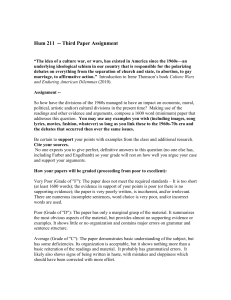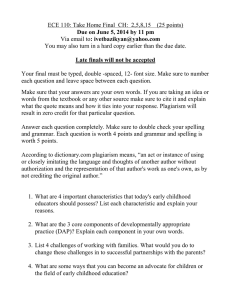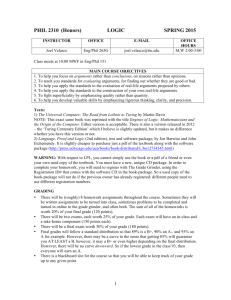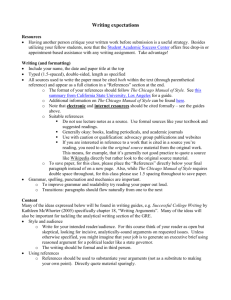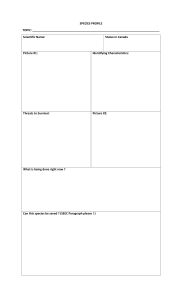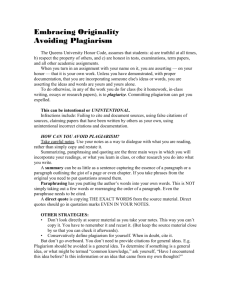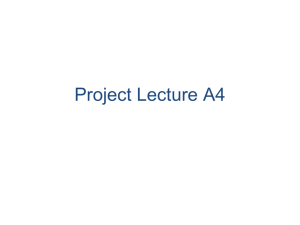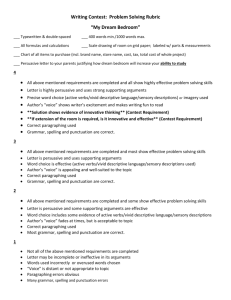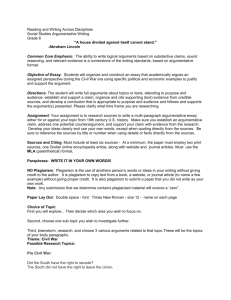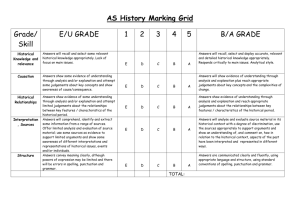Just a few months before the *Founding Fathers* gathered to design
advertisement
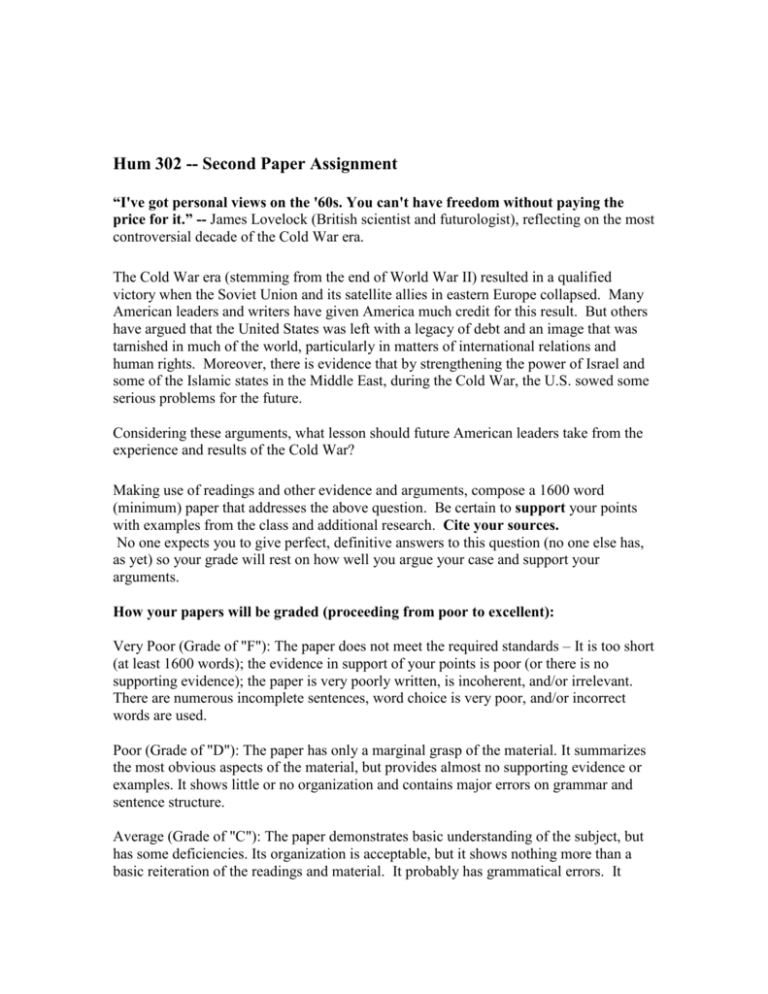
Hum 302 -- Second Paper Assignment “I've got personal views on the '60s. You can't have freedom without paying the price for it.” -- James Lovelock (British scientist and futurologist), reflecting on the most controversial decade of the Cold War era. The Cold War era (stemming from the end of World War II) resulted in a qualified victory when the Soviet Union and its satellite allies in eastern Europe collapsed. Many American leaders and writers have given America much credit for this result. But others have argued that the United States was left with a legacy of debt and an image that was tarnished in much of the world, particularly in matters of international relations and human rights. Moreover, there is evidence that by strengthening the power of Israel and some of the Islamic states in the Middle East, during the Cold War, the U.S. sowed some serious problems for the future. Considering these arguments, what lesson should future American leaders take from the experience and results of the Cold War? Making use of readings and other evidence and arguments, compose a 1600 word (minimum) paper that addresses the above question. Be certain to support your points with examples from the class and additional research. Cite your sources. No one expects you to give perfect, definitive answers to this question (no one else has, as yet) so your grade will rest on how well you argue your case and support your arguments. How your papers will be graded (proceeding from poor to excellent): Very Poor (Grade of "F"): The paper does not meet the required standards – It is too short (at least 1600 words); the evidence in support of your points is poor (or there is no supporting evidence); the paper is very poorly written, is incoherent, and/or irrelevant. There are numerous incomplete sentences, word choice is very poor, and/or incorrect words are used. Poor (Grade of "D"): The paper has only a marginal grasp of the material. It summarizes the most obvious aspects of the material, but provides almost no supporting evidence or examples. It shows little or no organization and contains major errors on grammar and sentence structure. Average (Grade of "C"): The paper demonstrates basic understanding of the subject, but has some deficiencies. Its organization is acceptable, but it shows nothing more than a basic reiteration of the readings and material. It probably has grammatical errors. It likely also shows signs of being written in haste, with mistakes and sloppiness which should have been corrected with more effort. Good (Grade of "B"): The organization is clear and coherent, although minor weaknesses may be present. It provides good, solid evidence in support of the main points. Any errors in punctuation, spelling and grammar are minor. Excellent (Grade of "A"): The paper is very well organized, is clear in its arguments and main points, is grammatically correct, and progresses logically, with all the remarks relevant to the topic. The evidence given in support was carefully selected and aptly expressed. There is some original thought in the conclusion. Errors in punctuation, spelling and grammar are minimal. Concerning Plagiarism: Plagiarism is using somebody else's writing or ideas and expressing those ideas as your own. There is nothing wrong in drawing upon other writings, but if you pass these off as your own, it is plagiarism. Always use quotation marks if the idea or words in a written statement comes from an outside source. Always acknowledge that source with a footnote or body note. Any time you consult and draw on ideas from any source, you must cite your source, even if one of the sources is one of the assigned texts. Any papers that show evidence of plagiarism will receive a failing grade.
